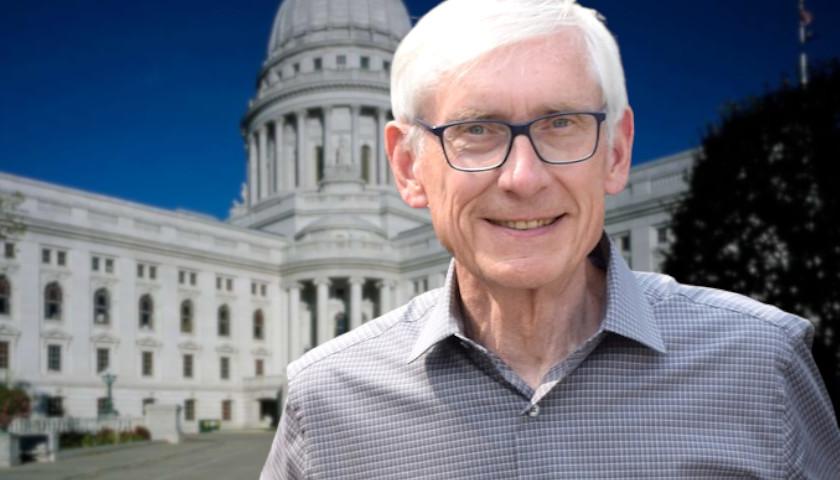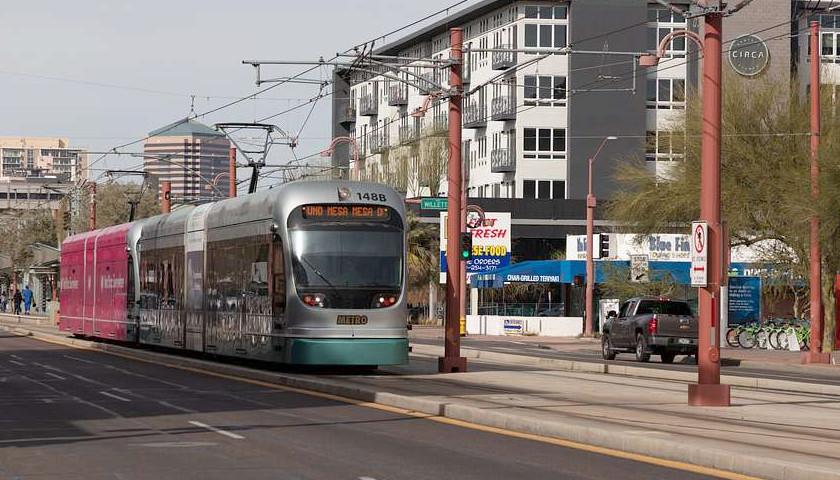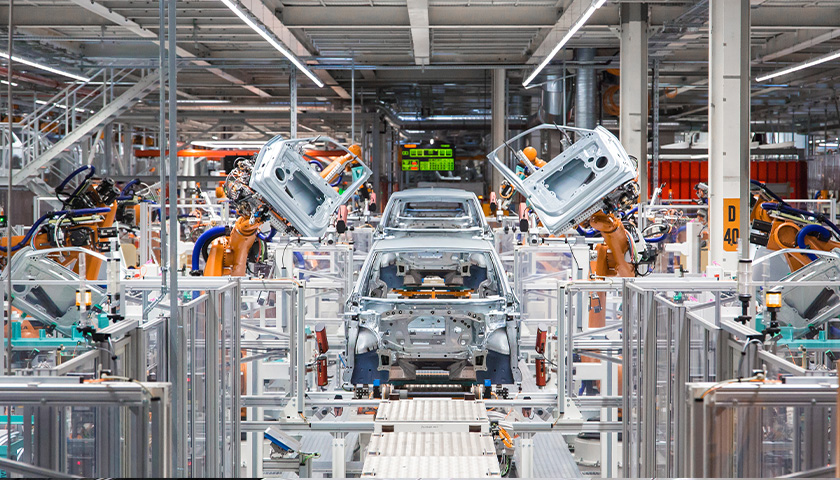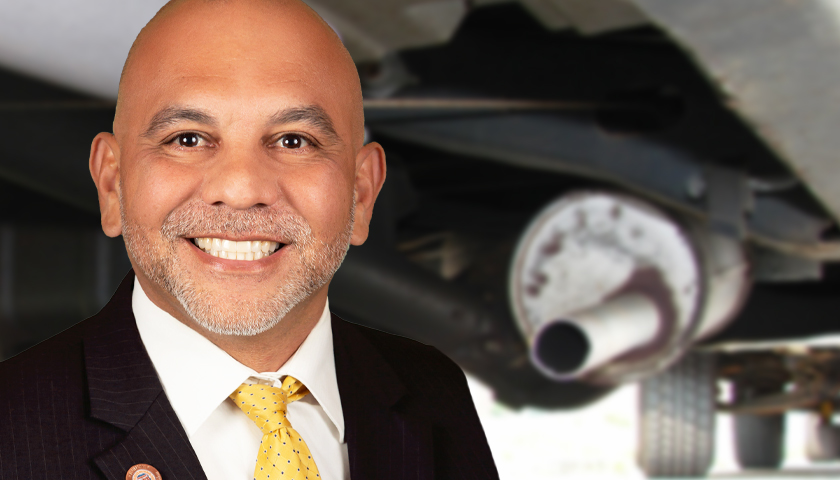Thursday, December 20th, Tesla CEO, Elon Musk, gave his first public response to Governor John Kasich’s multiple attempts to reach him in the hope of saving the Lordstown Assembly complex in Warren, Ohio. On November 26th, General Motors announced that the 6.2 million square foot auto manufacturing facility, along with four additional plants nationwide, will be closing in 2019. The plant currently employs over 1,500 Ohioans who would all be laid off, should the factory cease operations. Following the decision, a coalition of union leaders, factory workers, and community members, known as Drive it Home, formed almost immediately to challenge the move. In 1998, when GM announced plans the close the plant, a similar coalition called Bring it Home successfully arranged for GM to keep the plant open, albeit at a more modest production level. While many are hopeful that GM can be convinced once again, in a November 29th statement (copied below) Governor Kasich announced that he, the GM Team, and JobsOhio would “explore alternatives” for the plant’s future, implying that GM was not likely to reopen the plant and if the plant had a future, it would be with another company. In a December 7th teaser for a full segment…
Read the full story














